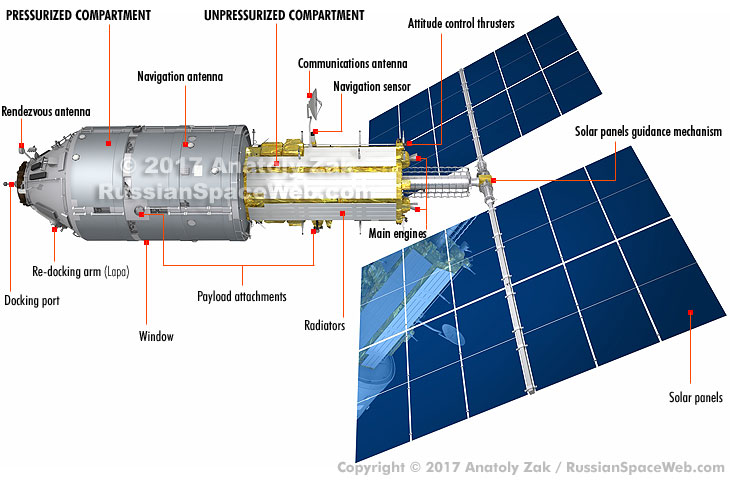Russians Are Planning On Adding A Luxury Hotel Module To The International Space Station
I have often blogged about the International Space Station, a cooperative project of space faring nations in orbit around the earth. A lot of experiments are carried out by the international crew of the ISS. The U.S. and Russia are two of the major players in the project. Now Russia has announced its intention to send up a new module to be connected to the ISS to serve as a resort destination to the ultra-wealthy who want to spend a few days in orbit.
Of all the suggestions for businesses that might play a part in the development of a robust space industry, I have always thought that the idea of space tourism is just not very realistic. Consider the level of tourism for Antarctica, not exactly a popular destination. Some of the companies working on launch vehicles have said that they do intend to offer flights to tourists but they will be expensive, uncomfortable and short. On the other hand, for those with the money, there might be a few who would be willing to pay for a stay on the ISS.
The Russians say that they will add luxury accommodations to the ISS with their new module. The features of the propose addition to the ISS include private cabins with big windows, personal hygiene facilities, exercise equipment and Wi-Fi. Space tourists will have the opportunity to take space walks with trained astronauts, if they wish. The first package they will offer to tourists will be a one to two week stay at the ISS for forty million dollars. Adding a space walk and extending the stay to a month will cost an additional twenty million.
The detailed plan was released by Rosatom this month. The new luxury module will weight twenty tons and be about fifty feet long. It will contain over three thousand cubic feet of pressurized space. There will be four personal cabins with about seven cubic feet each. There will also be two “hygiene and medical stations” of seven cubic feet each. Each personal cabin will have a window of nine inches in diameter with a sixteen inch diameter window in the lounge area of the module. Russia’s prime space station contractor, RKK Energia, is working on an arrangement to pay for the construction of the module with a mixture of private and state investors. In order to turn a profit, the module will be customized for paying customers.
The estimated cost of the new module will be between two hundred and eighty million and four hundred and fifty million. RKK Energia plans to fly two tourists and one professional astronaut on each of four Soyuz flights each year. RKK Energia hopes to be able to recover their costs and start turning a profit in about seven years. To get the process going, RKK Energia plans to offer twelve tourists a trip to the ISS for about four million each. This will provide some initial seed money for work on the module. During the two years leading up to the flight, each tourist will pay about twelve million dollars with a final eleven million dollar payment at the time of the flight.
The Russians have been considering space tourism for years. However, with the end of the U.S. Space Shuttle program, the only way to get to the ISS has been on the Russian Soyuz shuttles. All the seats available for trips to the ISS have been booked by other nations for their astronauts. Fortunately, private space companies such as SpaceX under contract to NASA are working on space taxis to take people to the ISS. This will free up the Soyuz shuttles to bring paying tourists to the ISS.
As I said above, I don’t believe that space tourism will be much of a market for decades at best. On the other hand, I will the Russian the best of luck on their plans.
NEMS ISS module design which will be used for the hotel module:
